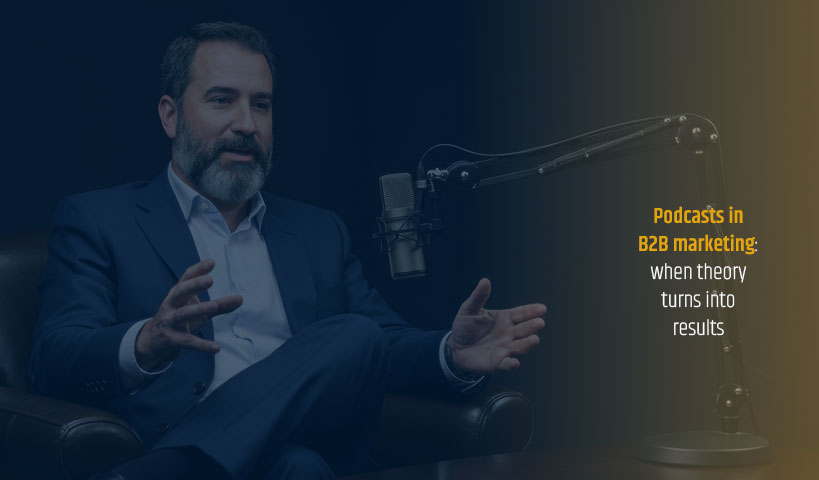Not only is content marketing an efficient and convenient way to attract and engage prospects, it is becoming the reference method used by B2B marketers today. With an impressive growth rate in the past year alone, content marketing is now recognized as an effective marketing strategy dominating the B2B environment. It is so because it adapts to its target audience and is being treated with a more “human” touch.
What’s so special about B2B content marketing?
So you may be wondering what’s so special about content marketing and why it’s so popular in B2B. Content marketing uses an integrated approach to attract potential buyers. Integrated in the sense that it does not rely on the text of the message alone to meet its objectives: target, inform, influence and engage readers in a buying cycle to then retain and nurture clients and influencers. Content marketing must adapt itself to the reader at the various points of engagement and needs to be relavent at all times. Not only intellectually but also on the “human” level using techniques which provide warmth and appeal to content. Besides the tone and writing style, elements that help accelerate comprehension of complex content such as infographics, videos, pictures, illustrations, testimonials, excerpts and others help getting one’s message across with warmth and an entertainment value. These tricks of the trade have proven their efficiency not only in B2B but also in everyday learning activities because they have a human touch, an emotional connection at a certain point.
Trust is an emotion
In a virtual world, conveying trust is key in the purchasing decision cycle. It all starts with engaging a prospect with information and building his or her trust towards your organization and its offer, converting into a qualified lead and down the road into a recurring client. Fewer buyers respond to typical outbound marketing techniques. Well thought out and executed content marketing goes beyond traditional outbound methods. It’s an opportunity for B2B inbound lead generation!
#1 objective for content marketers: lead generation
According to a 2011 online study conducted by Holger Schulze of the B2B Technology Marketing Community, the main factors driving content market specialists were:
- attracting prospects and
- maintaining these relationships
followed by
- brand awareness and
- thought leadership
All of which are consistent with a strategy of influencing buyer behavior to engage in the buying cycle.
Content marketing challenges
More and more content marketers are now looking to build interesting content, often seen as the biggest challenge in B2B content marketing, and at the same time guide, inform and educate (and let’s not forget entertain!) the potential buyer. Case studies, presentations at live events, online articles and white papers are examples of the most widely used forms of content marketing. The information is most often channeled via websites, emails and live events. Now social media plays an important role and must not be set aside of the set of tools available in B2B marketing.
When content produced and shared, the second biggest challenge lies ahead: ROI. Here are the metrics on which participants of Schulze’s marketing study measure success of their content marketing.
How do marketers measure content marketing success?
Bottom line
Content marketing not only advises buyers in making pragmatic decisions, it also persuades them to buy a certain product or service, namely yours. When executed with a human touch, content marketing helps the seller win the heart, mind and wallet of B2B prospects. The essence of content marketing lies in the importance of trust over the actual product or service that is being marketed and the people behind it. Content is the interface where organizations meet in a B2B context, by natural extension, P2P – people to people – to do business. That is why content marketing is the preferred method used by B2B marketers today. It provides value and connection. It generates leads and customers.




